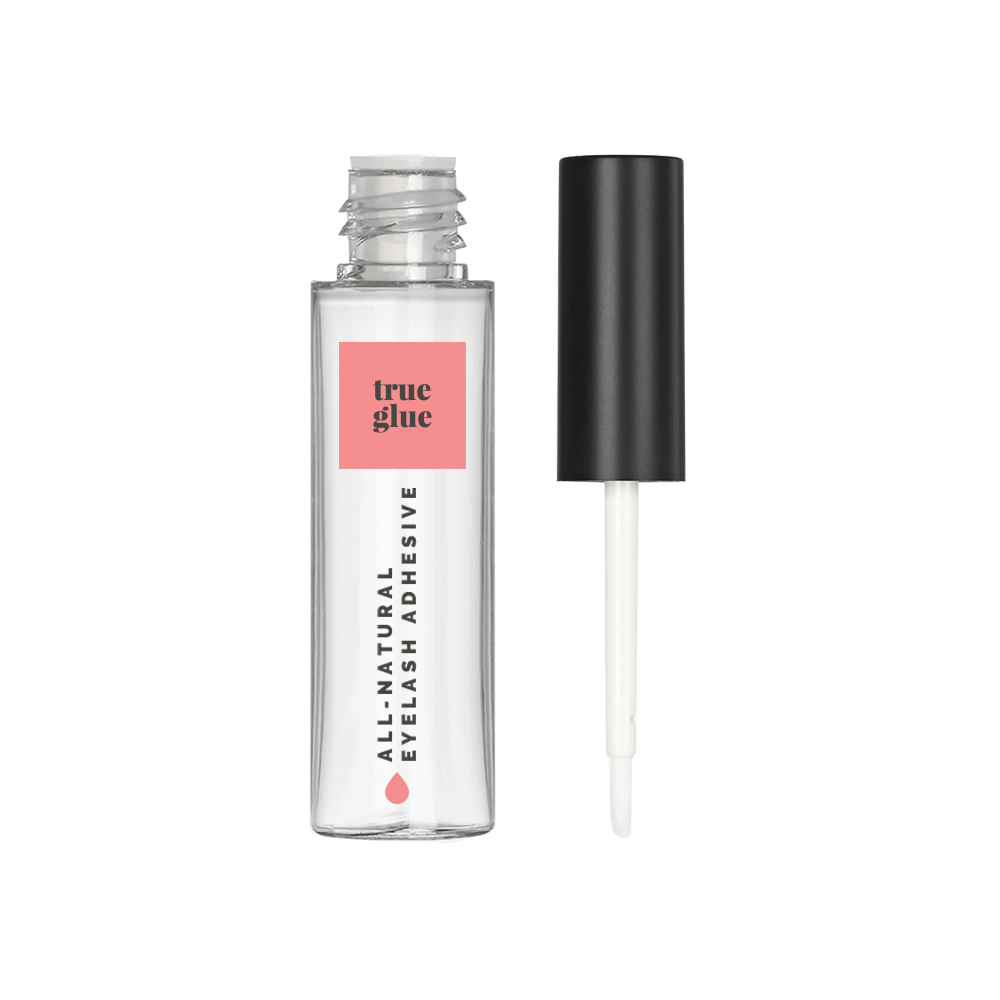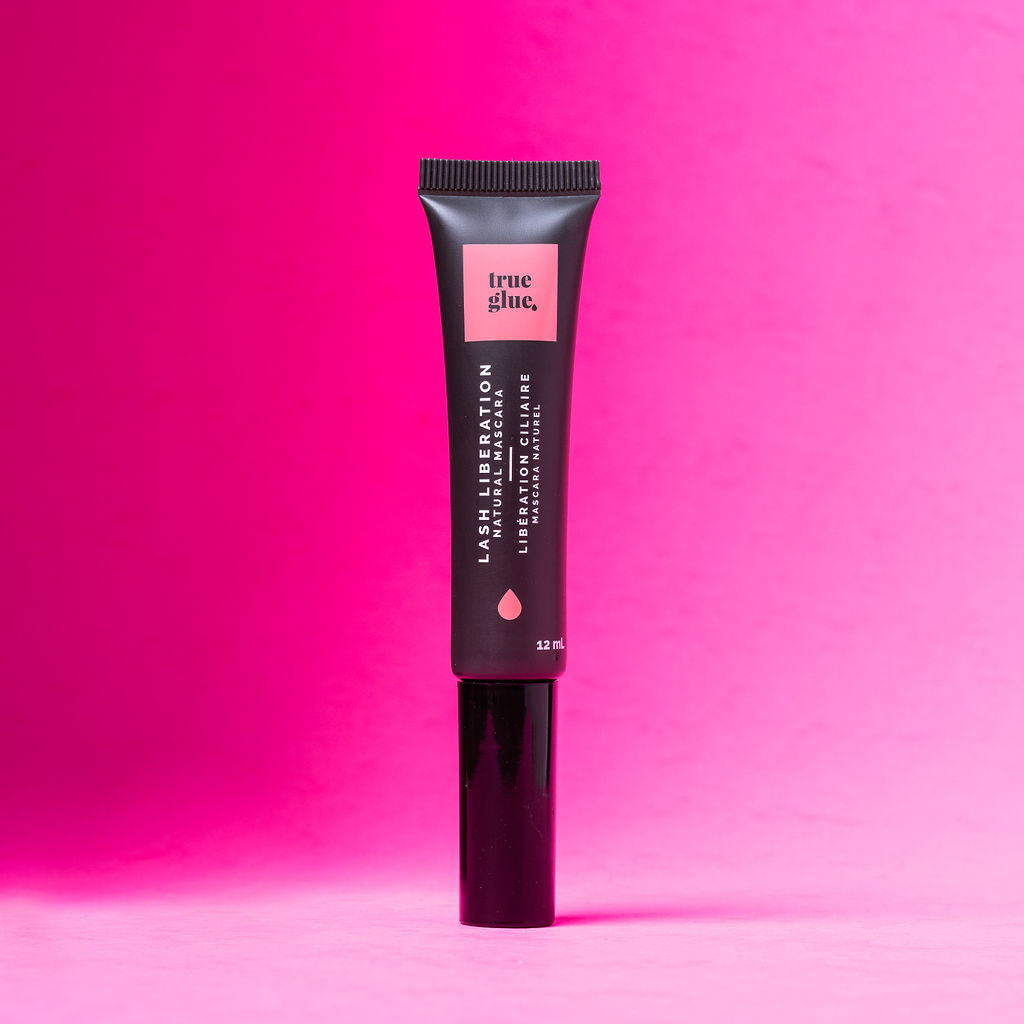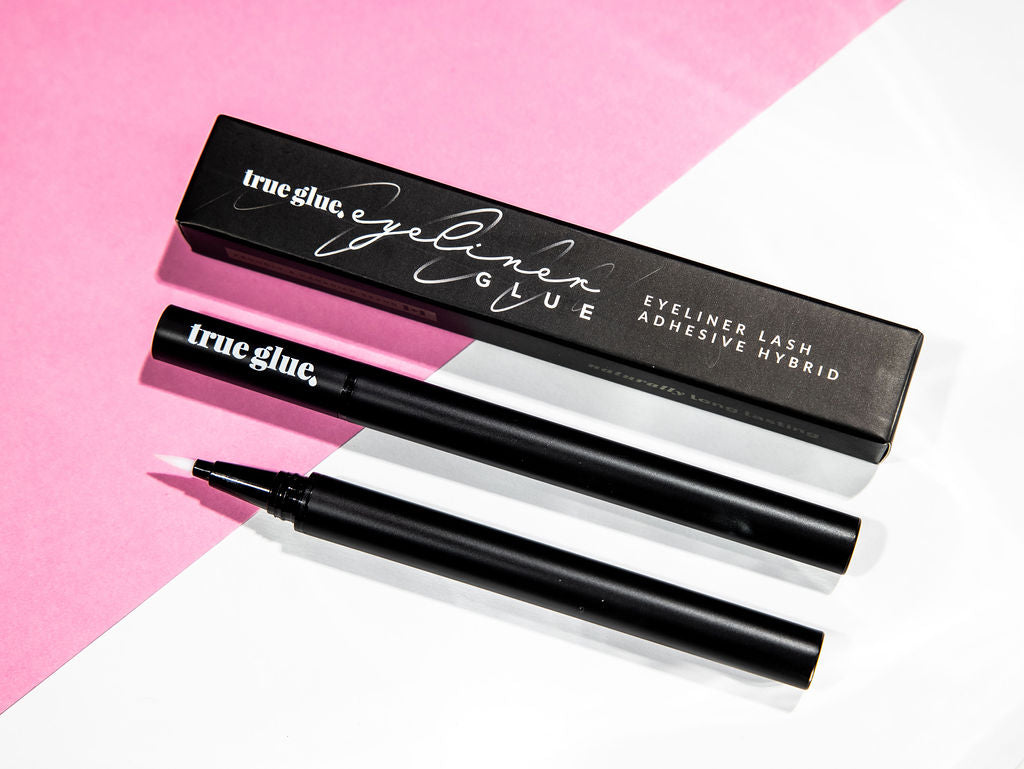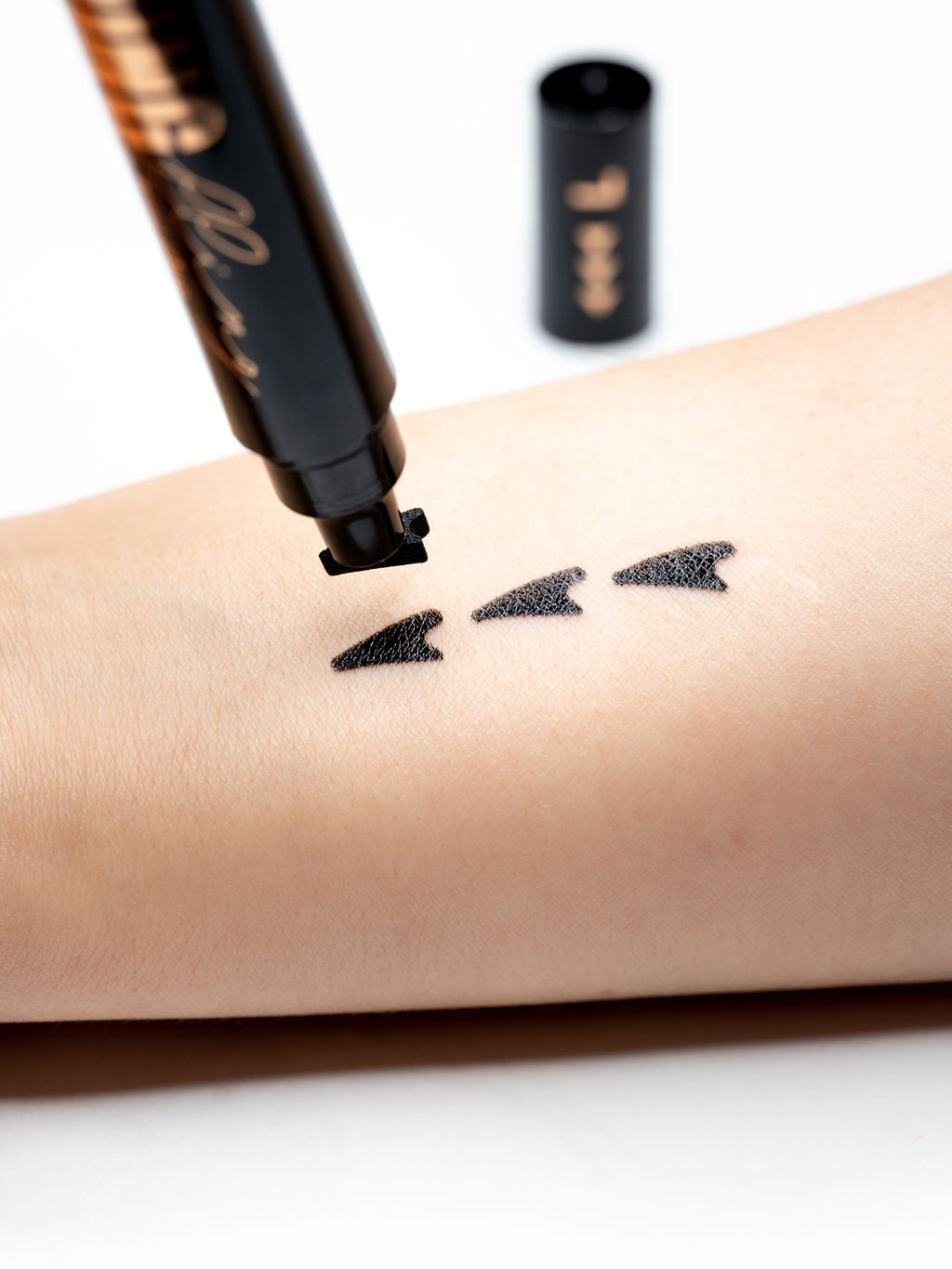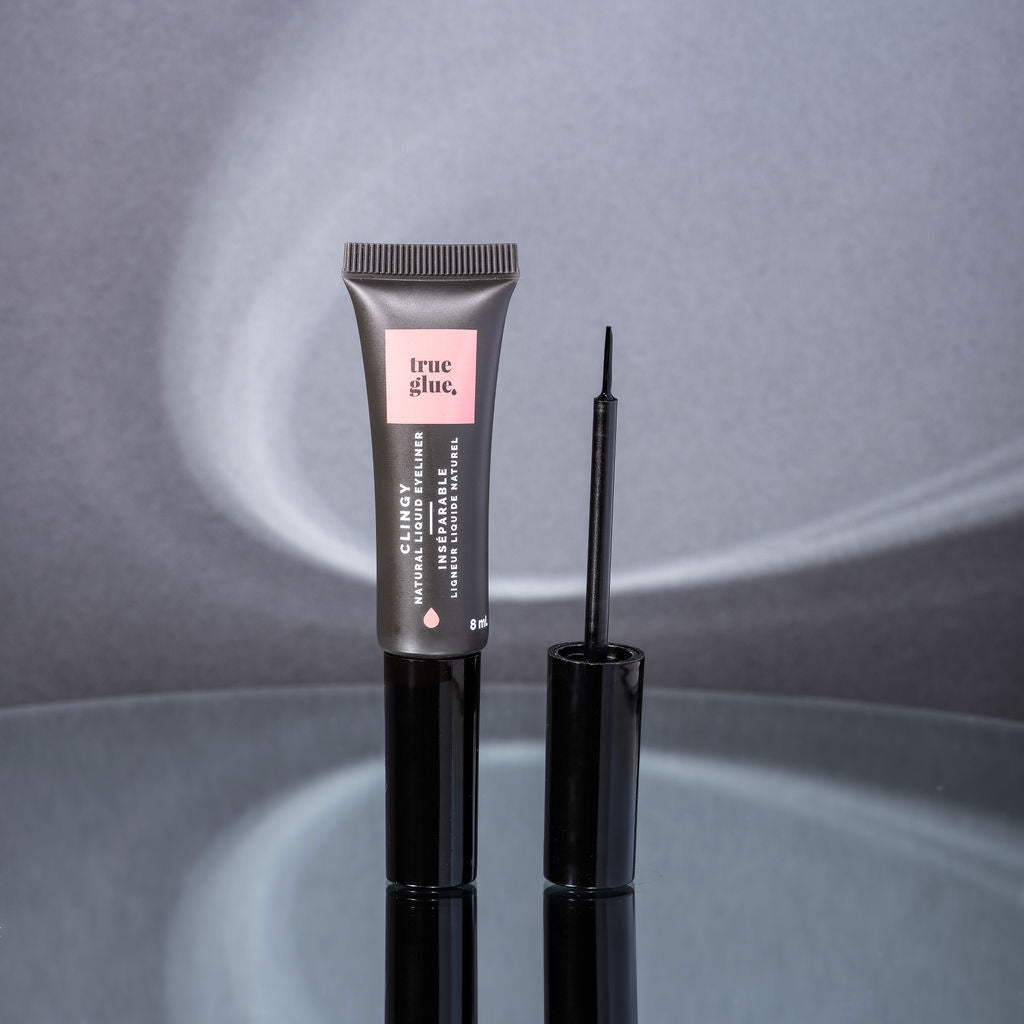Fortunately for thousands of helpless non-human animals – and for the good health of millions of women (and men) – organic makeup is becoming ever more accessible to greater and greater numbers of people.
Organic makeup companies are often also vigorously eco-conscious. This is particularly true when they are compared to many big-name makeup brands – which not only have no aversion to putting toxic chemicals in their cosmetic products, but also knowingly contribute to environmental pollution.
However, not all organic makeup companies are as devoted to ethical standards of sustainability as other all-natural cosmetic brands are. Some brands make what amounts to a dismal attempt at “eco-consciousness” – parading that phrase more for marketing purposes than anything else.
So, the big question: how do you know if an organic makeup company is sincerely and genuinely committed to sustainability and eco-consciousness?
Begin by asking yourself these questions – and share this with your friends, too!
- Is the company transparent about its sustainability efforts and practices? For example, if you shoot them an email with a direct question about sustainability and eco-consciousness, are they upfront about what they do – or do they dodge and become evasive, resulting in a tumbling avalanche of corporate-speak?
- Does the company have a solid understanding of the biodiversity of the areas where the organic ingredients come from? Eco-consciousness goes well beyond just eco-friendly packaging and only using all-natural makeup ingredients; it also means only utilizing plants (for the cosmetic ingredients) that are not endangered. And it means growing and harvesting these plants in a way that does not disrupt and destruct the local environment. For example, if large tracts of forest are cleared to grow large crops of a certain plant (that’s used in the makeup product), then that’s not actually eco-conscious. So where does the company’s plant-based ingredients actually come from, and how are they sourced, harvested, and collected?
- Does the company violate local land rights? This should tell you something. Sometimes, this kind of information can be hard to dig up, but dig deep enough and you’ll find some cosmetic companies which tout their “sustainability” and “eco-consciousness” – but they actually have no concern for the local people inhabiting the region where the ingredients come from. Thus, such makeup brands have no problem with practices which exploit local lands.
- Does the company have an impeccable record of adhering to national and international laws and regulations regarding the environment? If not, then they’re probably far more interested in chasing short-term profits than in actually building a sustainable future.





